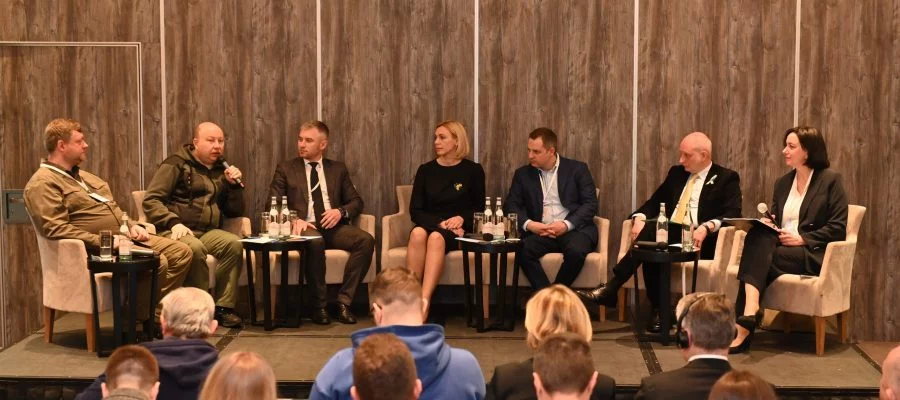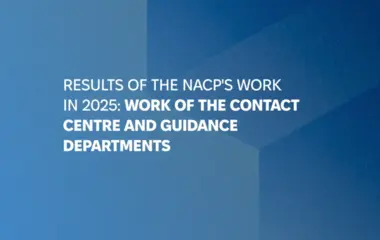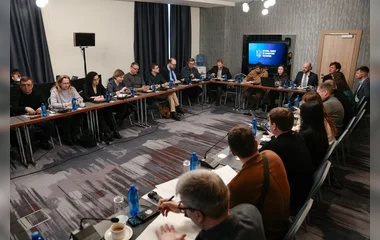Corruption continues to be among the top three most serious problems in Ukraine. More than 64% of Ukrainians think so. The armed aggression of the Russian Federation remains in the first place among the problems, and the high cost of living and low incomes come second. More than 55% of business representatives called the problem of corruption the second largest after armed aggression.
However, the dynamics of non-acceptance of corruption among the citizens and business continues to grow. Thus, 60% of business representatives and more than 57% of citizens have a negative attitude towards corruption (55% and 49%, respectively, in 2021).
These are the results of the sociological survey "Corruption in Ukraine 2022: Understanding, Perception, Prevalence", presented by the National Agency on Corruption Prevention (NACP), the EU Anti-Corruption Initiative (EUACI) and the research company Info Sapiens. The research was presented as part of the presentation of the State Anti-Corruption Program for 2023-2025 "Road to a Future without Corruption: Step-by-Step Guide".
Director of Info Sapiens Dmytro Savchuk noted that, according to Ukrainians, the most corrupt areas are:
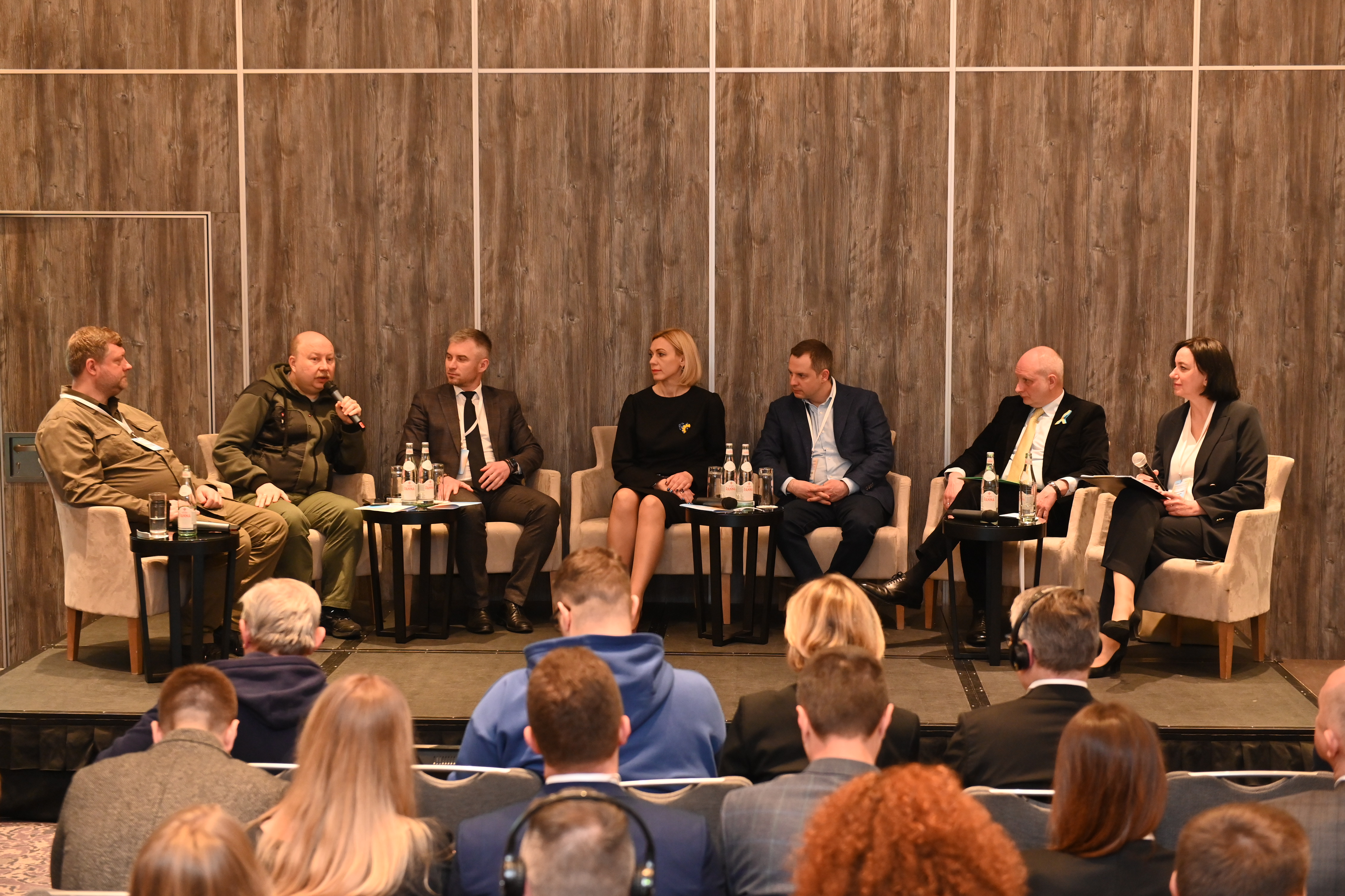 Intolerance to corruption among citizens and businesses is growing — the results of the research
Intolerance to corruption among citizens and businesses is growing — the results of the research
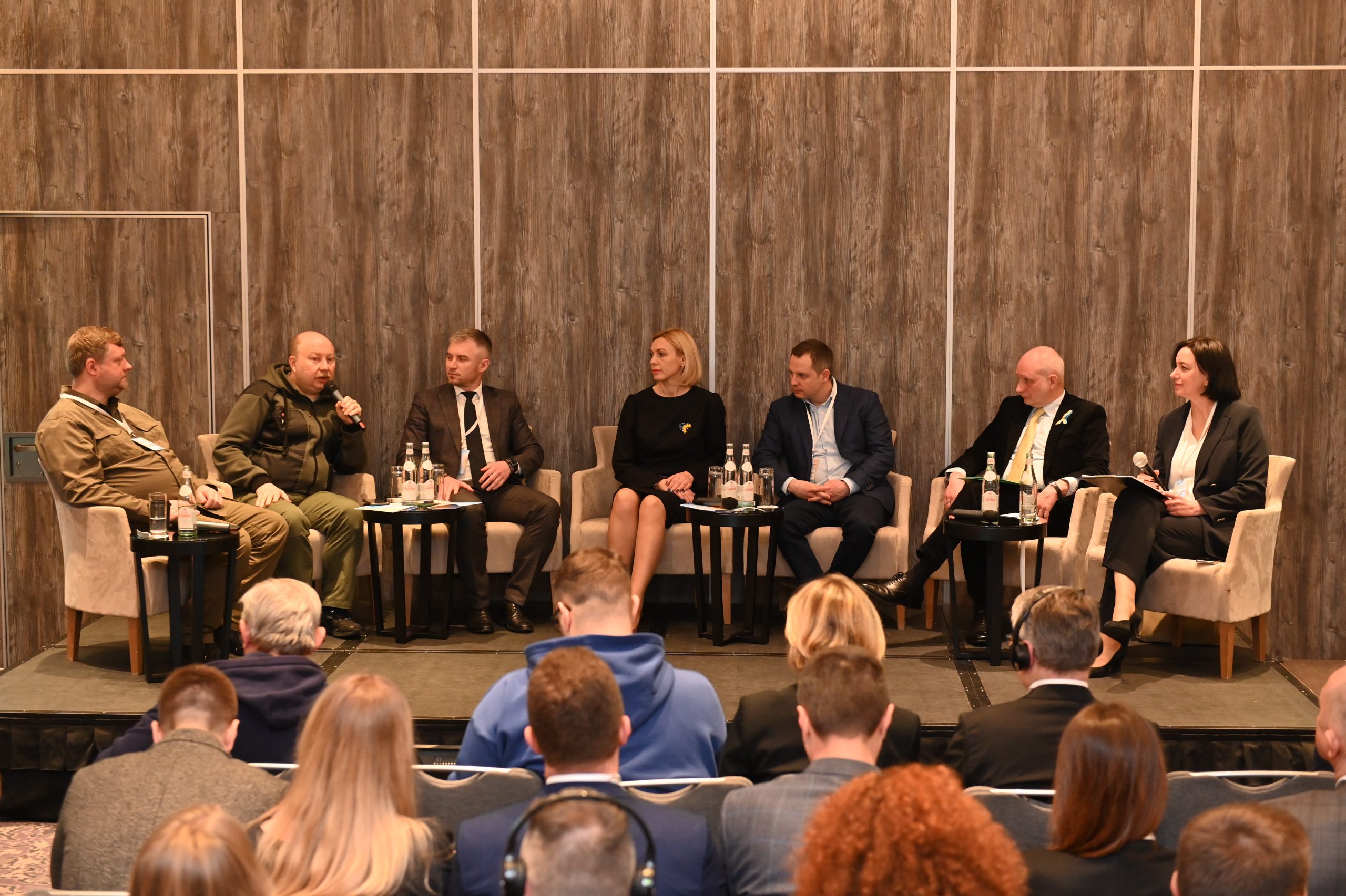 Intolerance to corruption among citizens and businesses is growing — the results of the research
Intolerance to corruption among citizens and businesses is growing — the results of the research
- law enforcement agencies - every third (33%) who came into contact with them encountered corruption;
- services for connection and maintenance of electricity, gas, water supply and drainage systems (29%);
- service centers of the Ministry of Internal Affairs (27%) and others.
- customs (35%),
- construction and land relations (33%),
- services for connection and maintenance of electricity, gas, water supply and drainage systems (29%).
Volodymyr Kharchenko, head of the Unit in anti-corruption policy department of the NACP, summarized that Ukrainians clearly define corruption as a serious problem for the state, and are ready to oppose and not tolerate this phenomenon. Thus, the negative attitude towards corruption among citizens increased by 8%. "When we measure the level of prevalence of corruption, it is quite high. 81% of citizens and 69% of businesses say that corruption is very or somewhat widespread", — Volodymyr Kharchenko added.Within the framework of the survey, 11 spheres were analyzed regarding the most common corrupt practices among the population and 7 spheres - among entrepreneurs (3 spheres were covered by both groups of respondents).
"The results of the research show that corruption remains in the top three problems of Ukraine. At the same time, the survey demonstrates the urgent demand of society for the fight against corruption and justice", — said Oleksandr Novikov, the Head of the NACP. "As sociology proves, the vast majority of citizens are ready to protest against any manifestations of corruption. It is necessary to take into account such attitudes of society. The implementation of the State Anti-corruption Program is aimed at meeting the most urgent requests of Ukrainians", — said the Head of the NACP.Oleksandr Novikov added that the state anti-corruption policy should be based on qualitative analytical data and inclusive processes. According to the research, the share of citizens who are ready to report the facts of corruption has increased. Yes, these are ready-made jobs for 11% of citizens and 26% of business representatives (in 2021, up to 9.8% among the population and up to 23% among businesses). The majority of citizens and businesses approve of the activities of corruption whistleblowers (citizens - 65%, businesses - 86%). The research was conducted by sociologists of the Info Sapiens company with the support of the EU Anti-corruption Initiative in Ukraine (EUACI) by order of the NACP at the end of 2022. The results of the survey can be found via the link. The organization of research on issues related to the study of the situation regarding corruption is one of the powers of the NACP, which is provided for by the Law of Ukraine "On Prevention of Corruption".
 Intolerance to corruption among citizens and businesses is growing — the results of the research
Intolerance to corruption among citizens and businesses is growing — the results of the research
 Intolerance to corruption among citizens and businesses is growing — the results of the research
Intolerance to corruption among citizens and businesses is growing — the results of the research



